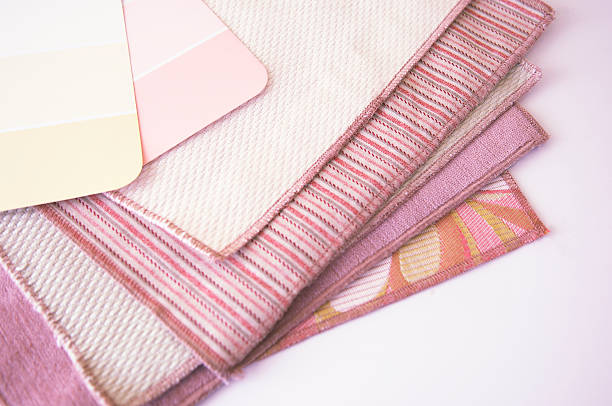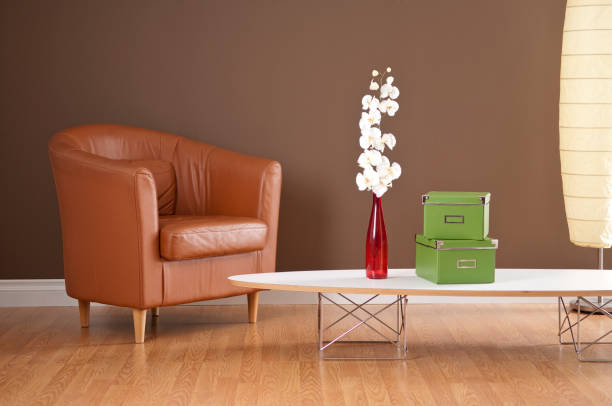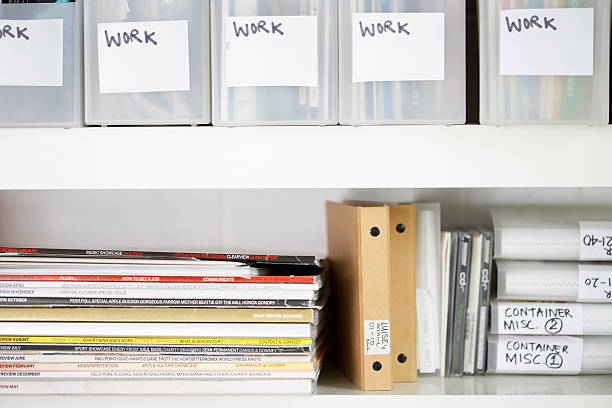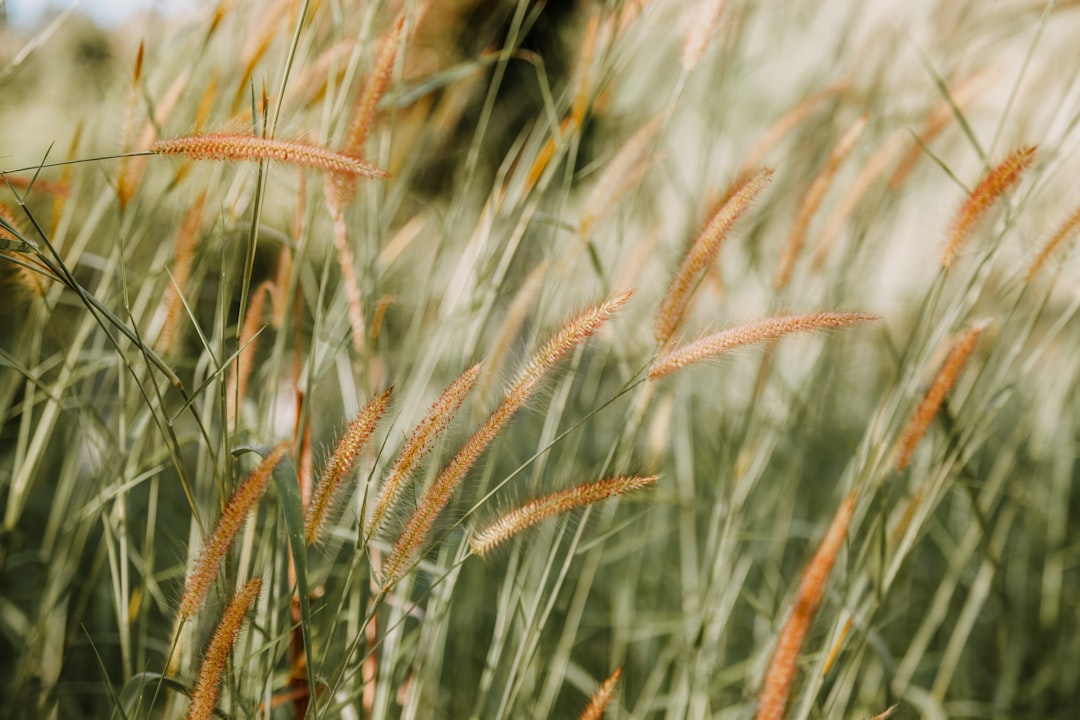The foundation of any durable and aesthetically pleasing home begins with selecting the right cement and masonry materials. These elements form the backbone of construction, influencing structural integrity, weather resistance, and overall visual appeal. Whether building new walls, laying a patio, or repairing existing structures, understanding the different types of cement and masonry options ensures longevity and performance tailored to your specific needs.
Cement serves as the binding agent in concrete and mortar, making its quality crucial for any project. Portland cement, the most common type, is versatile and suitable for general construction, including foundations, sidewalks, and brickwork. For areas exposed to sulfates or harsh weather conditions, sulfate-resistant cement provides enhanced durability by reducing chemical erosion. Homeowners in colder climates should consider air-entrained cement, which contains tiny air bubbles that prevent cracking from freeze-thaw cycles. White cement, though more expensive, offers a clean finish for decorative concrete work or architectural features where appearance matters. Understanding these variations helps match the cement type to environmental demands and project requirements. Masonry materials extend beyond basic bricks to include stone, concrete blocks, and veneers, each offering distinct advantages. Clay bricks, known for their timeless appeal and fire resistance, suit traditional home designs but require skilled installation due to their weight and precision needs. Concrete blocks, or CMUs (concrete masonry units), provide affordability and strength for structural walls, often used in basements or retaining walls. Natural stone, such as granite or limestone, delivers unmatched durability and elegance but comes with higher costs and installation complexity. For homeowners seeking the look of stone without the expense, manufactured stone veneers offer a lightweight, cost-effective alternative that mimics natural textures while being easier to install. Mortar selection is equally important, as it binds masonry units together and affects the structure’s resilience. Type N mortar, a balanced blend of strength and flexibility, works well for general-purpose applications like brick walls or patios. For load-bearing walls or foundations, Type M mortar provides higher compressive strength but less flexibility. In contrast, Type S mortar offers a middle ground, ideal for outdoor projects requiring weather resistance. For historic restorations or delicate stonework, Type O or lime-based mortar delivers the softness needed to preserve older masonry without causing damage. Beyond functionality, aesthetics play a key role in masonry choices. The color and texture of bricks or stones should harmonize with your home’s architectural style—warm red bricks complement rustic designs, while sleek gray concrete blocks align with modern minimalism. Grout lines and mortar color can either accentuate or soften the masonry pattern, influencing the overall visual impact. For outdoor spaces like driveways or walkways, stamped concrete can replicate the look of cobblestone or slate at a fraction of the cost, offering both beauty and practicality. Investing in the right cement and masonry materials ensures your home stands the test of time while reflecting your personal style. By balancing structural needs, environmental factors, and design preferences, you create spaces that are as resilient as they are inviting. Thoughtful selection not only enhances curb appeal but also safeguards your home’s value for years to come.



